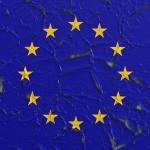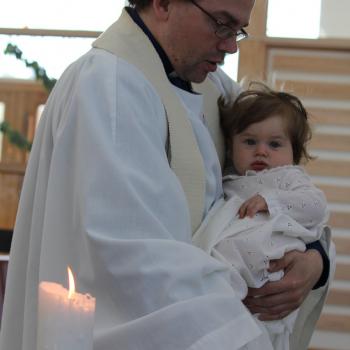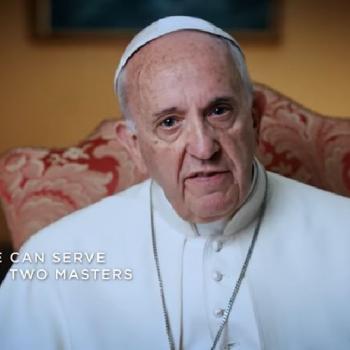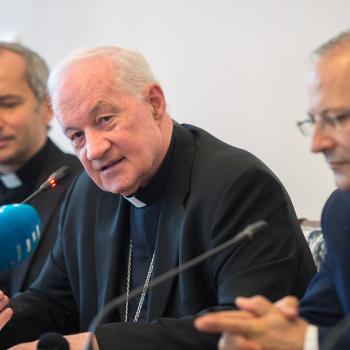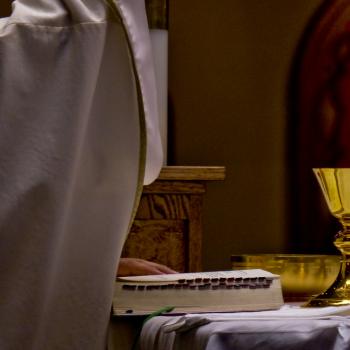Consternation in Malta and around the world this week after the car-bomb slaying on Monday of Daphne Caruana Galizia, an investigative journalist who had published various exposés on corruption among senior Maltese politicians and businessmen, including Prime Minister Joseph Muscat.
Typical of the global reaction was the telegram sent by Pope Francis to the archbishop of Malta, Charles Scicluna, in which the pontiff, “saddened by the tragic death” of the reporter, conveyed “his spiritual closeness to the Maltese people at this difficult moment” and implored “God’s blessings upon the nation”.
Historically, the Church in Malta – a country where almost 90% of its 445,000 citizens are Catholic – has not generally felt the need to shake up the status quo, a situation which, despite the best efforts of Caruana Galizia on the so-called Panama Papers, has now led to the country being widely considered to be one of the world’s top-ten tax havens. Archbishop Scicluna has succeeded in surprising observers, however, by rapidly jumping to the investigative journalist’s defense and forcefully condemning “whoever commissioned and carried out” the “obscene act” that was her slaying “whoever it is [and] wherever he or she may be”.
Journalists must not be “slaves of their pay masters, but servants of liberty and truth”
Given that popes usually only send telegrams of condolence after natural disasters or after the deaths of prominent Church or political leaders – and hardly ever to private citizens – it is tempting to read Francis’ letter to Scicluna as his backing, in a sense, of fearless and independent journalists attempting to cover stories under great governmental, media or private sector intimidation. Scicluna’s own opinion piece in the Malta Independent reads in exactly the same way, especially when he writes that, along with praying for Ms. Caruana Galizia´s family – her husbands, sons, parents and sisters – “at this critical moment… we must also show solidarity with all our journalists, and we entreat them not be slaves of their pay masters, but servants of liberty and truth”.
“We, the people, need the service of journalists in order to remain a free nation”, wrote Scicluna in his article. “Journalists act in our name when they investigate abuse of power, spending from the public purse, and the general state of our country, irrespective of their allegiance to any political party. Such investigations must be done in the light of truth because their loyalty should lie in the pursuit of the common good and the principles of the Constitution and of the Republic of Malta, that on paper at least, still uphold the fundamental human rights”. The archbishop’s comments may be particular to the island nation off the southern coast of Italy, but they come off as refreshing nonetheless, and heartening, for journalists all over, and especially for Catholic ones.
“The people need journalists to remain free”
“The authorities must stop telling journalists: ‘We will not give you this information because it is sensitive'”, continued Scicluna, before denouncing that ‘”it is astonishing that we do not have accountability and transparency in this country, but only have them paraded on billboards”. “We want facts, not empty words”, railed the archbishop, in a complaint he would return to in a radio interview with RTK the day after the publication of his opinion piece.
“At least set up a private committee where the truth is known”, Scicluna appealed on the airwaves to Maltese politicians. “But we cannot have a state without accountability and transparency. Many laws exist about this, but we need to show this with facts”.
“I pray for the family and I salute, as well as pray for, all the journalists in Malta”, the archbishop of Malta continued on the radio. “The people need journalists to remain free. Journalists are there in our name to investigate the use of power, to investigate how our money is spent and to ensure Malta is progressing as it should”.

